- What is mental abuse
- Types
- Signs of mentally abusive parents
- Effects
- Signs of mental abuse in children
TABLE OF CONTENTS
What Is Mental Abuse
Mental abuse, also known as psychological abuse, is characterized by the repeated use of non-physical acts such as manipulation, threats, intimidation, and isolation to control, harm, or punish an individual. It can have serious and long-term effects on the victim’s mental health, emotional well-being
, and self-esteem.1
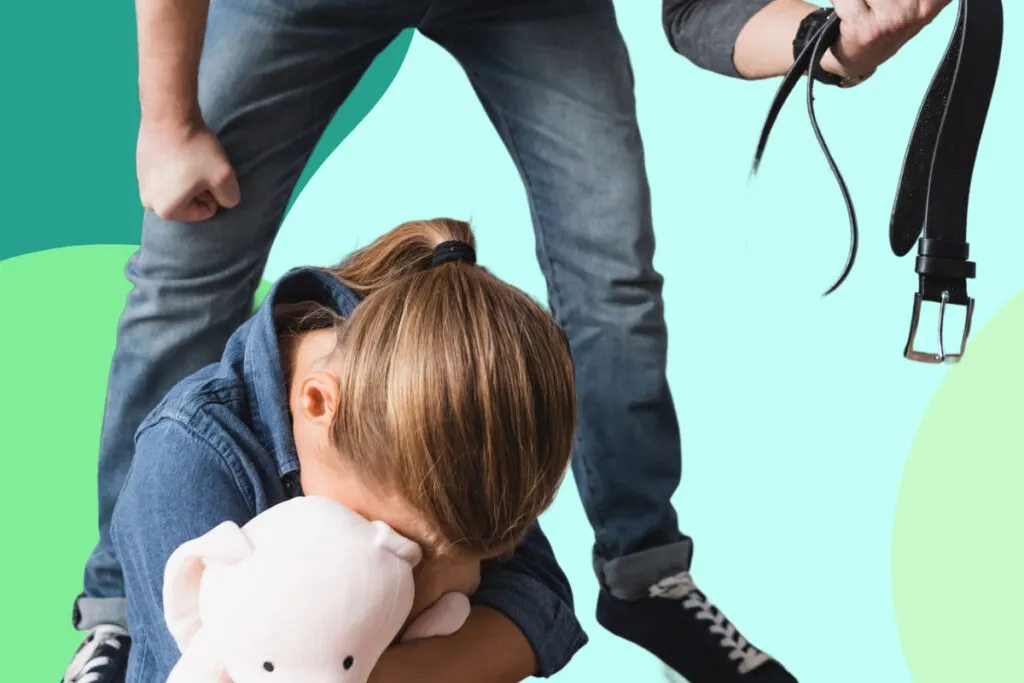
Types
Mental abuse from parents can take many forms. Here are the five types of mentally abusive behavior. 2
- Rejecting
- Isolating
- Terrorizing
- Ignoring
- Corrupting
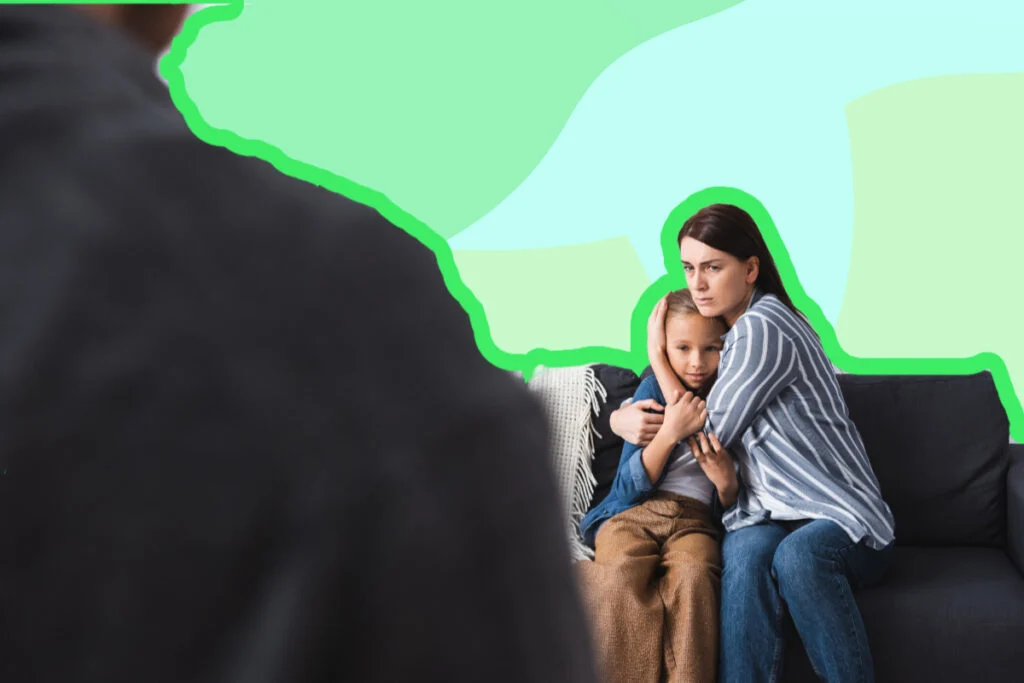
Signs of Mentally Abusive Parents
Parental abuse can cause lasting harm to the mental, emotional, and physical health of their children.
It is important to be able to recognize the signs of mental abuse so that you can get help for yourself or for a loved one.
This type of abuse is often hard to detect because it is non-physical.
During the course of the day or when disciplining their children, many parents make negative comments or give constructive criticism.
It does not make them abusive.
However, a pattern of behavior can still indicate risk of abuse.
Here are some common signs of mentally abusive adults.3
- Constant criticism or belittling
- Aggressive Outbursts and yelling
- Isolation or restriction
- Gaslighting or manipulation
- Financial control or exploitation
- Threats of punishment or physical abuse
- Excessive control or monitoring
- Public humiliation or embarrassment
- Withholding basic needs
- Blaming the child for their own problems
- Withholding affection or love
- Forbidding the child from expressing their opinions or feelings
- Calling derogatory names or verbal abuse
- Ridiculing the child’s appearance, abilities, or background
- Emotional blackmail or guilt-tripping
- Using excessive discipline or punishment
- Blocking the child’s access to education, opportunities, or social interactions
- Treating the child differently based on favoritism
- Telling the child that they are worthless or unwanted
- Damaging property
- Emotional neglect
- Set unrealistic expectations
- Singling out one child
Also See: Toxic mother signs
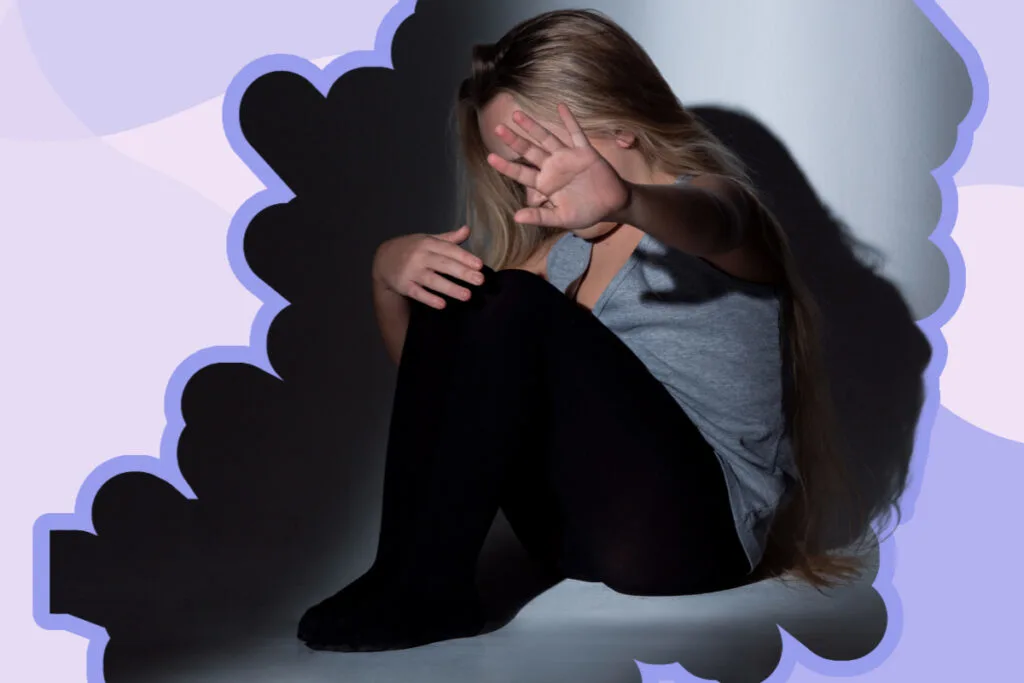
Effects Of Mental Abuse On Children
Mental abuse from parents can have adverse effects on health – emotional and physical.
Depression and Anxiety Disorders
Inadequacy and worthlessness are common themes in mental abuse, and these feelings can damage a child’s sense of self.
Children who are mentally abused are often made to feel rejected and unvalued, leading to diminished self-esteem and feelings of hopelessness.
Some children with a heightened level of anxiety can also suffer from poor body image due to maltreatment.
They tend to develop mental health issues such as depression and anxiety disorders.4
Borderline Personality Disorder
It is estimated that 20–40% of all psychiatric inpatient admissions are related to borderline personality disorder (BPD).
Approximately 84% of people with BPD engage in suicidal behaviors, and 8% die by suicide.5
This serious psychiatric disorder is often found in children who have suffered childhood emotional abuse.6
Complex Post-Traumatic Stress Disorder
Abuse during childhood is a traumatic experience during the formative years.
However, child neglect and emotional abuse from parents do not fulfill the DSM criterion for PTSD, requiring the events to be life-threatening.7
Yet psychiatrists have found that childhood mental abuse can result in symptoms similar to those of PTSD and have coined this “complex PTSD,” or developmental PTSD8.
Symptoms of childhood trauma in adulthood include reexperiencing trauma, substance abuse, and difficulties with interpersonal relationships.
Physical Health Issues
Childhood abuse, though only emotional, can result in problems in one’s physical health in various ways.
When a child is chronically exposed to high a level of stress during development, their blood pressure, immunity, and stress response are affected, leaving them vulnerable to stress-induced illnesses, such as cardiovascular disease, gastrointestinal problems, and chronic pain9.
In some cases, childhood mental abuse also leads to unhealthy coping mechanisms, including substance abuse, eating disorders, and self-harm, which can further impact one’s physical health.
Also See: Trauma-Informed Parenting
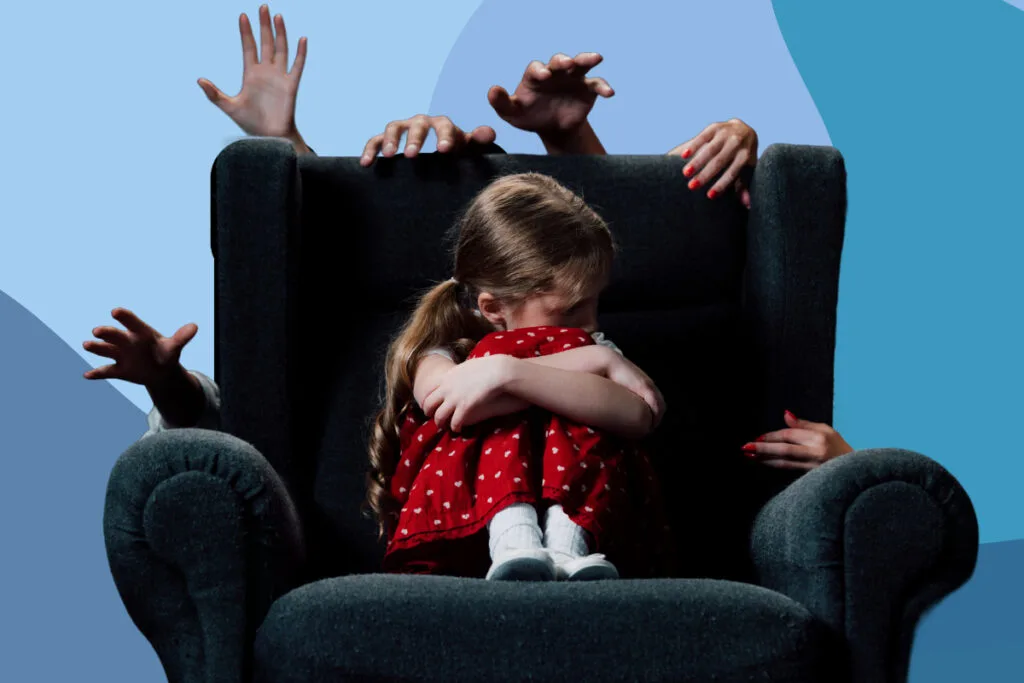
Signs of Mental Abuse in Children
- Anxiety and fear
- Low self-esteem
- Depressive symptoms
- Nightmares or sleep problems
- Bed wetting
- Loss in appetite
- Withdrawal from friends and activities
- Lack of trust in others
- Poor school performance
- Self-harm behaviors
- Antisocial behaviors
- Destructive behavior
- Difficulty expressing emotions
- Aggressive behavior
- Difficulty concentrating
- Suicidal thoughts or attempt
- Delayed physical, emotional, or intellectual development
- Substance abuse
- Running away from home
- Regression to younger behaviors (bed-wetting, thumb-sucking)
- Lack social skills
- Difficulty forming and maintaining relationships with peers
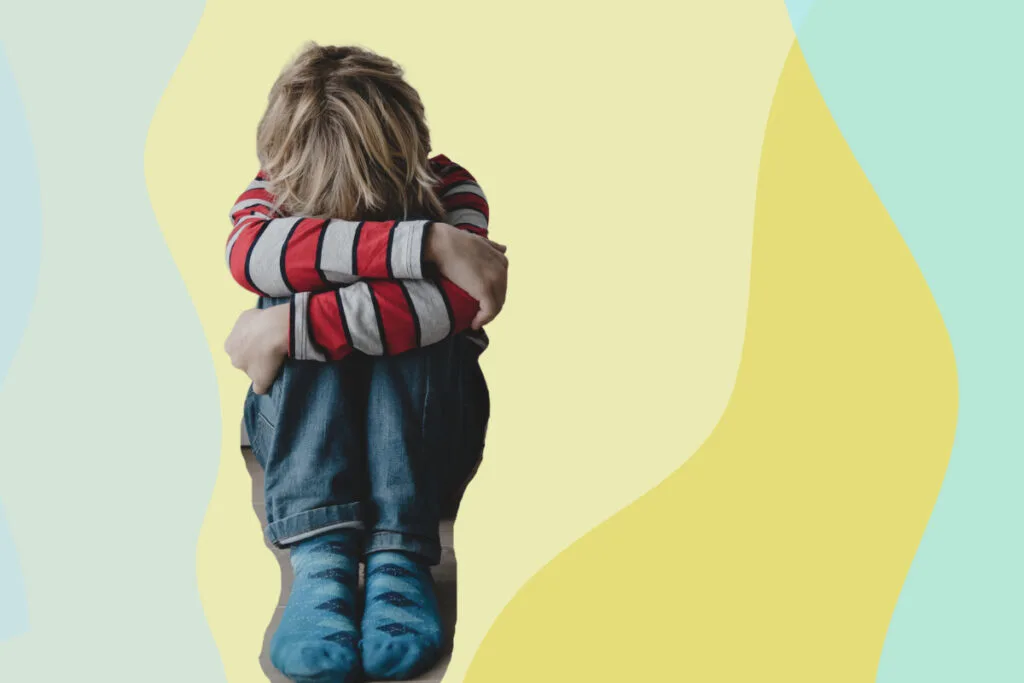
References
- 1.Black DA, Smith Slep AM, Heyman RE. Risk factors for child psychological abuse. Aggression and Violent Behavior. Published online March 2001:189-201. doi:10.1016/s1359-1789(00)00022-7
- 2.Kelly VA. Psychological Abuse of Women: A Review of the Literature. The Family Journal. Published online October 2004:383-388. doi:10.1177/1066480704267234
- 3.Burnett BB. The psychological abuse of latency age children: A survey. Child Abuse & Neglect. Published online July 1993:441-454. doi:10.1016/0145-2134(93)90019-2
- 4.Ferguson KS, Dacey CM. Anxiety, depression, and dissociation in women health care providers reporting a history of childhood psychological abuse. Child Abuse & Neglect. Published online October 1997:941-952. doi:10.1016/s0145-2134(97)00055-0
- 5.Pompili M, Girardi P, Ruberto A, Tatarelli R. Suicide in borderline personality disorder: A meta-analysis. Nordic Journal of Psychiatry. Published online January 2005:319-324. doi:10.1080/08039480500320025
- 6.Kuo JR, Khoury JE, Metcalfe R, Fitzpatrick S, Goodwill A. An examination of the relationship between childhood emotional abuse and borderline personality disorder features: The role of difficulties with emotion regulation. Child Abuse & Neglect. Published online January 2015:147-155. doi:10.1016/j.chiabu.2014.08.008
- 7.Spertus IL, Yehuda R, Wong CM, Halligan S, Seremetis SV. Childhood emotional abuse and neglect as predictors of psychological and physical symptoms in women presenting to a primary care practice. Child Abuse & Neglect. Published online November 2003:1247-1258. doi:10.1016/j.chiabu.2003.05.001
- 8.Dorrepaal E, Thomaes K, Hoogendoorn AW, Veltman DJ, Draijer N, van Balkom AJLM. Evidence-based treatment for adult women with child abuse-related Complex PTSD: a quantitative review. European Journal of Psychotraumatology. Published online October 14, 2014. doi:10.3402/ejpt.v5.23613
- 9.Carpenter LL, Tyrka AR, Ross NS, Khoury L, Anderson GM, Price LH. Effect of Childhood Emotional Abuse and Age on Cortisol Responsivity in Adulthood. Biological Psychiatry. Published online July 2009:69-75. doi:10.1016/j.biopsych.2009.02.030
